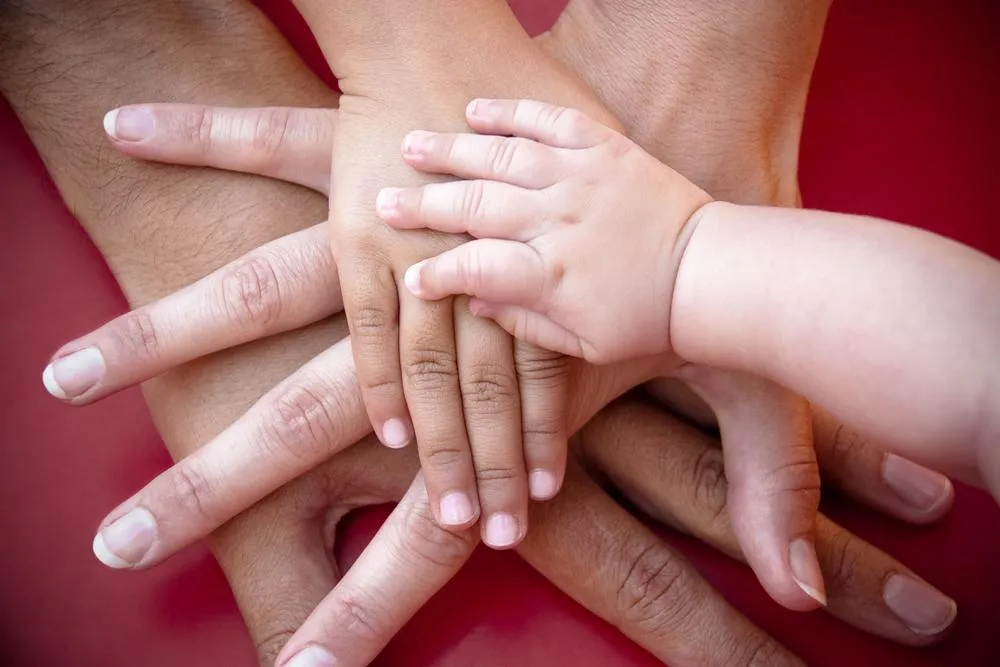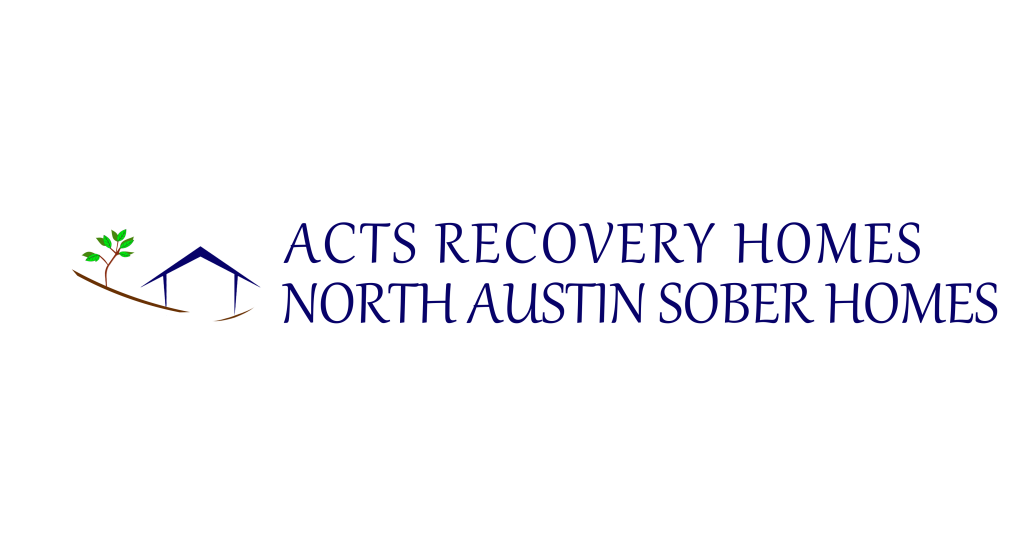Family Roles & Addiction Treatment: Offering Support

Family members are frequently burned-out by the time someone seeks addiction treatment. Some may have already cut off the addict, while others are so deep in enabling patterns, that they know no other way to live. There is often a range of emotions from extreme anger to indifference, depending on the role played during the addiction.
In order to best offer support, family members need to be strong themselves. You will find that you can learn specific methods to be supportive, but in that process, you will often have to abandon old patterns that serve no one in this situation. Here are three ways you can take a positive role in your family member’s journey in addiction treatment.
1. Face your own issues
Loved ones facing addiction are not the only ones who require a counselor. Therapy is often very good for the family members as well. Recovery counseling for family members normally occurs while the other party attends drug rehabilitation.
Sometimes, the counseling helps determine where you are in either forgiving or moving on. While this is a deeply personal decision, and only you can know what is best for yourself, it can lock you up and prevent facing negative emotions about the addiction. Either way, you need to move forward and Counseling can help you make that transition.
2.Avoid enabling
Counseling also helps family members see their own patterns of enabling the addiction.
It would seem unlikely that a sister would celebrate her brother’s graduation from drug rehabilitation by throwing a party complete with drugs, alcohol, and friends from that lifestyle. However, this scenario is more common than realized.
Unknowingly supporting addiction arises from good intentions as well as feeling of powerlessness. We all want to make our loved ones happy or, in the least, avoid conflict with them. Some people do this by withdrawing and others lend money, buy drugs, and give addicts access to parties. It can be hard to break these patterns and counseling can identify them to make them easier to reverse.
Confronting a tendency to enable is crucial to maintaining a good environment for recovery. Some decisions are small and easy to reverse, like a tendency to keep beer in the refrigerator despite that being the substance of choice for a formerly addicted husband, spouse, or sibling. Other patterns are more serious, like hosting parties or driving addicts to their dealers. Counseling helps point out these patterns and so you can reconcile giving up your own preferences in order to better support a loved one.
3. Be there during recovery
Many people finally accept addiction treatment because their family members distance themselves. This is often considered ‘tough love’ when in reality, it is self protection. No matter how much you love someone, you cannot let them destroy you in the same way they bring destruction to themselves.
However, once a patient starts treatment and stays on track, make your support known. Do not abandon them to the rehabilitation center; stay in contact however allowed and visit when you can. If you are distant even as your loved one becomes well, then that leaves little incentive to stay clean.
When your family member recovers from an addiction, it is a delicate balance. On one end, it releases a burden as you will no longer have worry about money being stolen or live your life according to the addiction’s needs.
These tips make a crucial point: to be strong for someone else, you need that strength yourself. This does not happen by remaining alone. Join an Al-Anon group or find your own counselor for guidance during your part of this journey. Taking care of yourself means offering better support for your family member during recovery.
We here at ACTS Recovery Homes in north Austin want to help you on your addiction recovery journey. Please call us at 512-497-2147.
